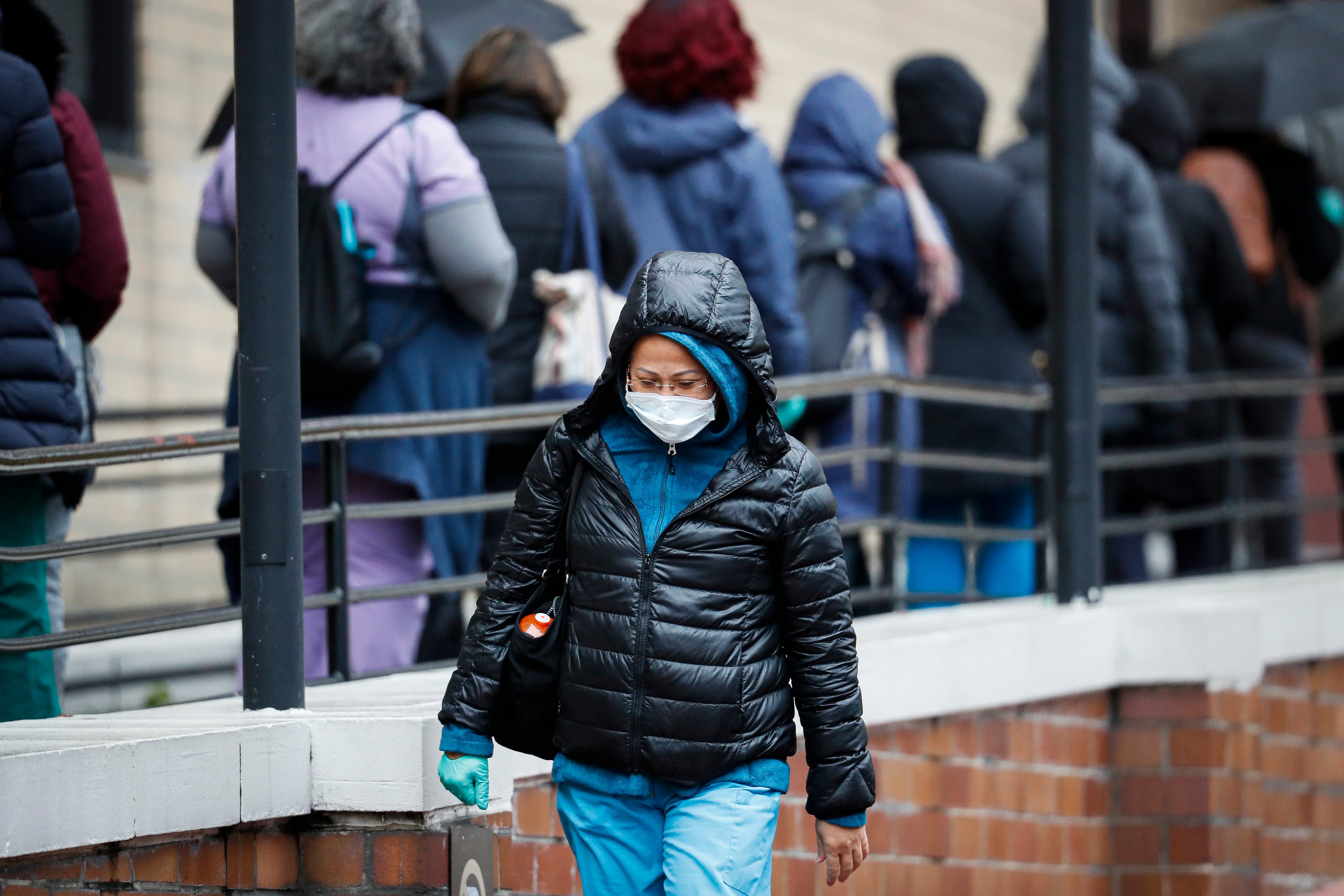Veterans Affairs physicians may be missing significant medical issues among lesbian, gay, bisexual, and transgender veterans because they do not have any standard approach to tracking them, according to a new report released by the Government Accountability Office this week.
Researchers warned the problem could become even more pronounced in coming years as the number of LGBT veterans within the massive federal health care system grows.
Nine years ago in September, Defense Department officials formally did away with the final remnants of the controversial “don’t ask, don’t tell” military policy which barred gay troops from publicly revealing their sexual orientation.
RELATED

Since then, VA has instituted several new programs designed to look at health issues specific to that population, including the LGBT Health Program launched in 2012 to help recommend new policies and procedures specific to gaps in VA services.
However, GAO researchers noted that those efforts are limited “because (VA) does not consistently collect sexual orientation and self-identified gender identity data.” Unlike patient data like sex and race, there is no specific field for those identifiers. The information is often included informally in physicians' notes, making tracking of trends and challenges across the VA population impossible.
“With inconsistent data and limited information on health outcomes, (health officials) may not be able to fully identify and address any health disparities faced by LGBT veterans, or provide them clinically appropriate, comprehensive care,” the GAO report states.
VA researchers have already seen indications that LGBT veterans may face “significant disparities in depression and suicide ideations” compared to the rest of the veteran population. However, they lamented that finding clear results and solutions cannot happen without better tracking data.
In a statement to GAO, VA acting Chief of Staff Brooks Tucker said officials are working on improvements in collecting the data as part of their multi-year overhaul of VA’s electronic medical records system.
“The Veterans Health Administration agrees with the importance of collecting data on sexual orientation in order to better understand the unique health care needs of all veterans, especially veterans with lesbian, gay, bisexual and related identities,” he wrote.
RELATED

However, solutions to the tracking are at least one year away, according to timelines released by the department.
GAO officials called that problematic.
“Until VHA is able to consistently collect and analyze data on sexual orientation and gender identity, it will be unable to ascertain fully the health care needs of LGBT veterans,” the report states. “This, in turn, could negatively affect health outcomes.”
The full report is available on the GAO web site.
Leo covers Congress, Veterans Affairs and the White House for Military Times. He has covered Washington, D.C. since 2004, focusing on military personnel and veterans policies. His work has earned numerous honors, including a 2009 Polk award, a 2010 National Headliner Award, the IAVA Leadership in Journalism award and the VFW News Media award.





